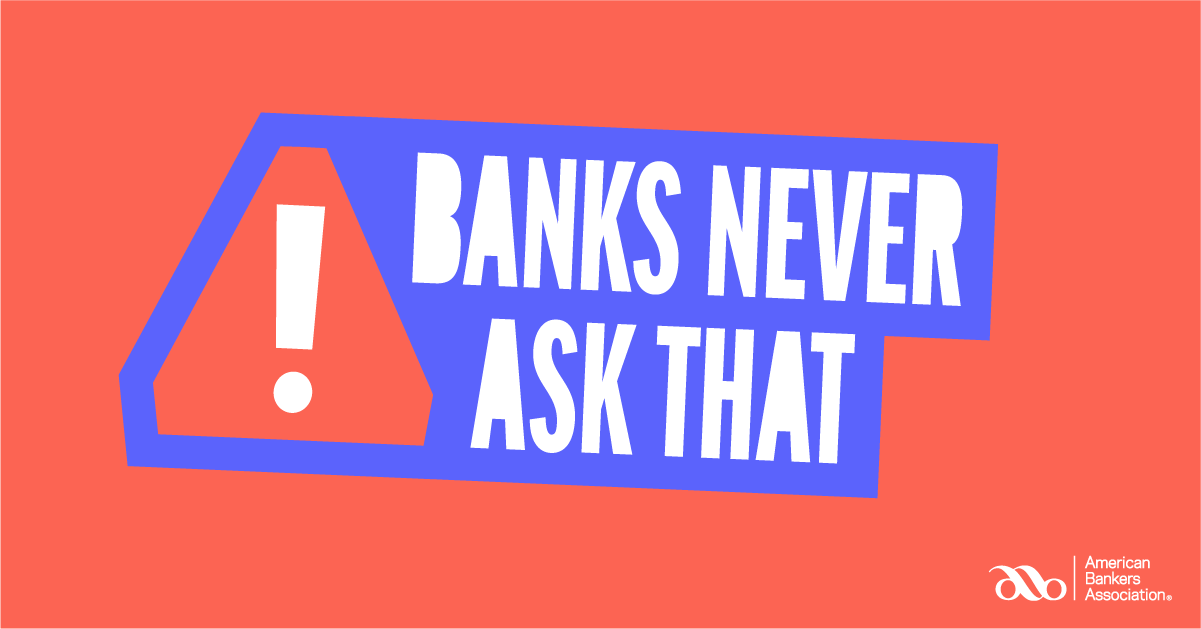Technology has helped agri-business become more productive in many ways, from efficiently managing resources to predicting yields to simplifying record keeping and reporting. Technology and interconnectedness, however, comes with some vulnerabilities. While IT companies and the financial industry have created robust cybersecurity systems to help protect users from fraud, you still need to take steps to protect yourself and your business.
Phishing – cheap, widespread and effective
Email, text and phone phishing schemes are the most common cybersecurity threat. You may receive a message with a request to pay a fake invoice, log into an account or click on an infected link. You may end up paying an invoice to a scammer or clicking on a link to a fraudulent website designed to collect your personal and financial information. Or, a link could infect your computer with malware or a virus.
Avoid becoming a victim:
1) Verify the address or phone number. Does the email address match the sender name? Is it a non-corporate or foreign email address? Do you recognize the phone number of the text sender?
2) Read the message carefully. Often the body of scam emails or texts includes poor spelling or grammar.
3) Don’t overreact to the subject line. Phishers may use subject lines like “security alert,” “attempted delivery” or “shipping confirmation” intended to goad you into action. Consider whether you were expecting such a message or if it came out of the blue.
4) Avoid clicking links. Even if the email comes from someone you know and trust, their account may have been hacked and they may be unaware it’s being used by scammers. Be very suspicious if it’s a message from your financial institution requesting you enter personal information such as PINs or account numbers. Banks never ask that. Rather than log into a link in an email (unless it is a request you initiated and you’re sure it’s safe), go directly to the website or use the app on your phone.
Protect against ransomware
Ransomware is typically delivered through phishing or downloaded applications that target software vulnerabilities. In a successful ransomware attack, businesses may be locked out of their computer systems or threatened with the release of sensitive information until a ransom is paid.
Here are some tips to help avoid a ransomware attack:
- Train all system users to avoid phishing scams and to report any suspicious emails, texts or messages immediately.
- Back up data regularly and be sure it is stored independently from the original files. This could be critical to resuming operations should you become the victim of a ransomware attack.
- Be sure anti-malware and anti-virus software is installed.
- Keep software up to date. Patches from developers often include fixes to recently identified weaknesses in the software.
- Use strong passwords that are not easily guessed.
- Avoid using public WiFi, especially when accessing personal or financial information.
Finally, it’s not just computers that can be hacked. As more agri-businesses adopt “smart farming” – for example, using sensors on equipment that help determine how much water, pesticide or herbicide to apply – those systems may also be exposed to disruption. Meeting with a cyber security expert can help you pinpoint where you may be vulnerable.
Add old-school protections
Shielding your online accounts and information from hackers involves some old-fashioned safeguards as well. Before discarding, shred any paperwork that includes sensitive information such as account numbers, social security numbers and passwords. Set up account alerts so you can monitor bank transactions and security alerts that notify you if your user name or password has been changed. Limit access to sensitive files on a need-to-know basis.
A combination of tech savvy moves and common sense can help you keep your business safe from cyber scams.
Minnwest Bank stands ready to help you manage your agri-business finances securely and efficiently.


